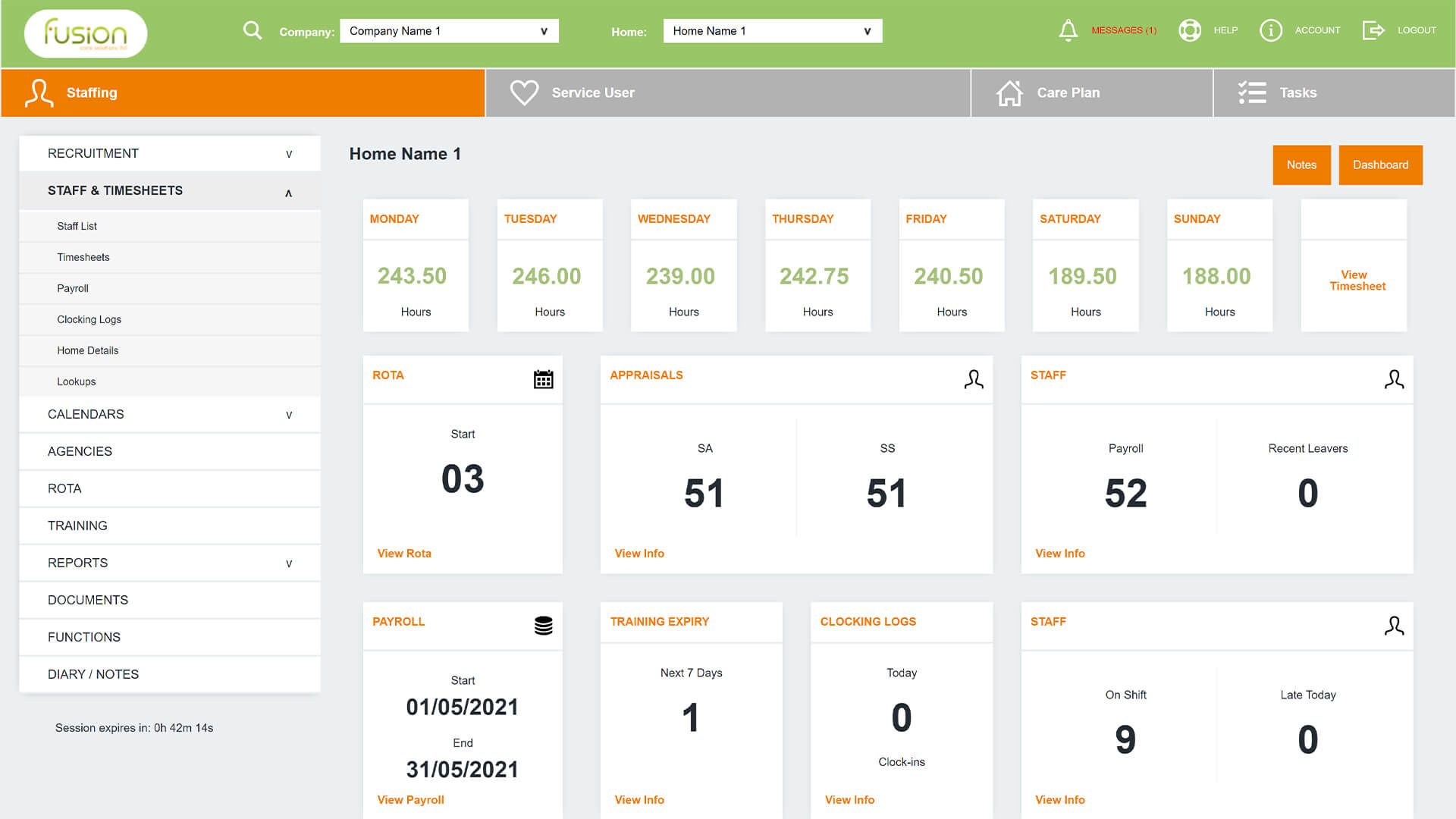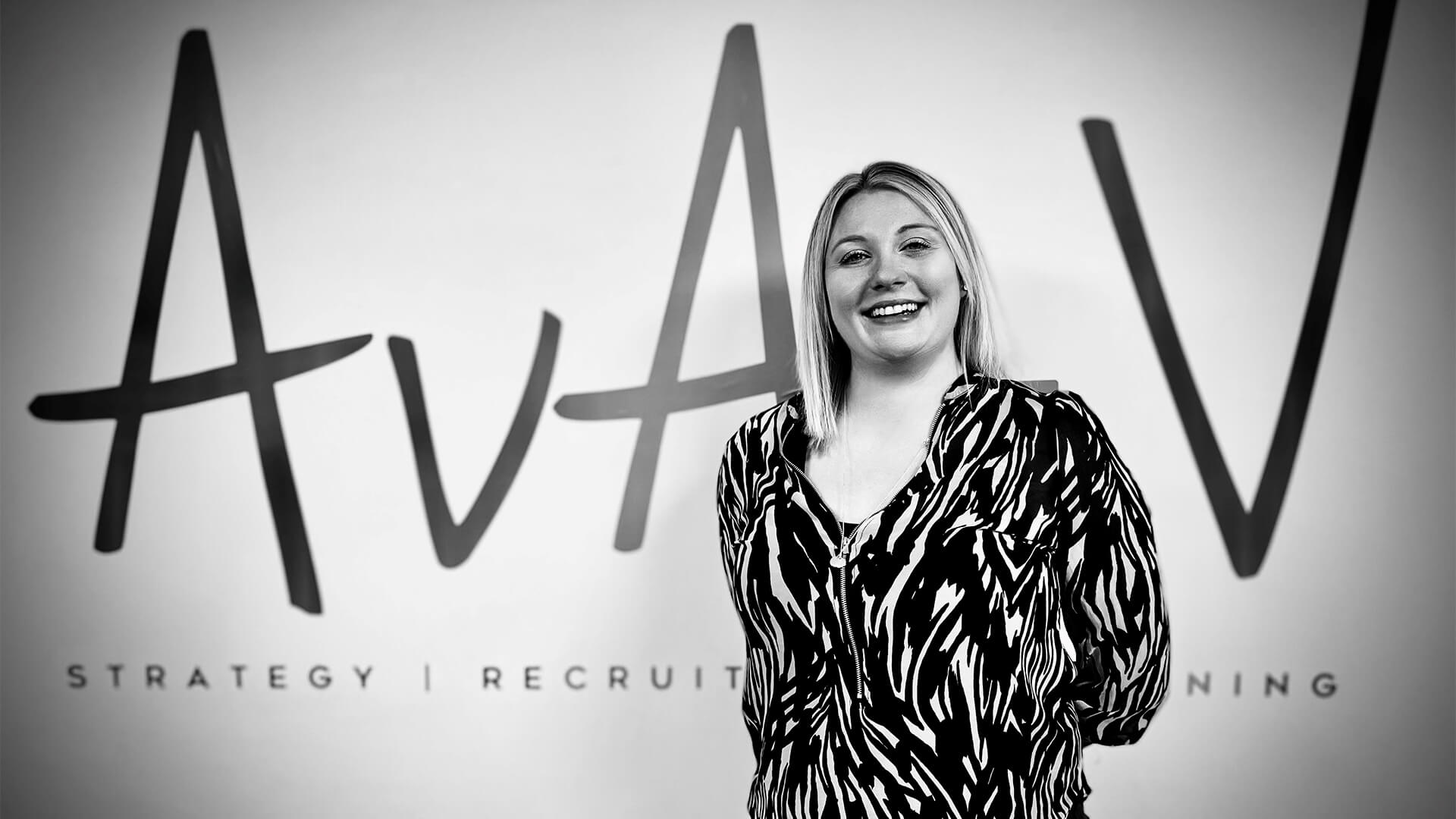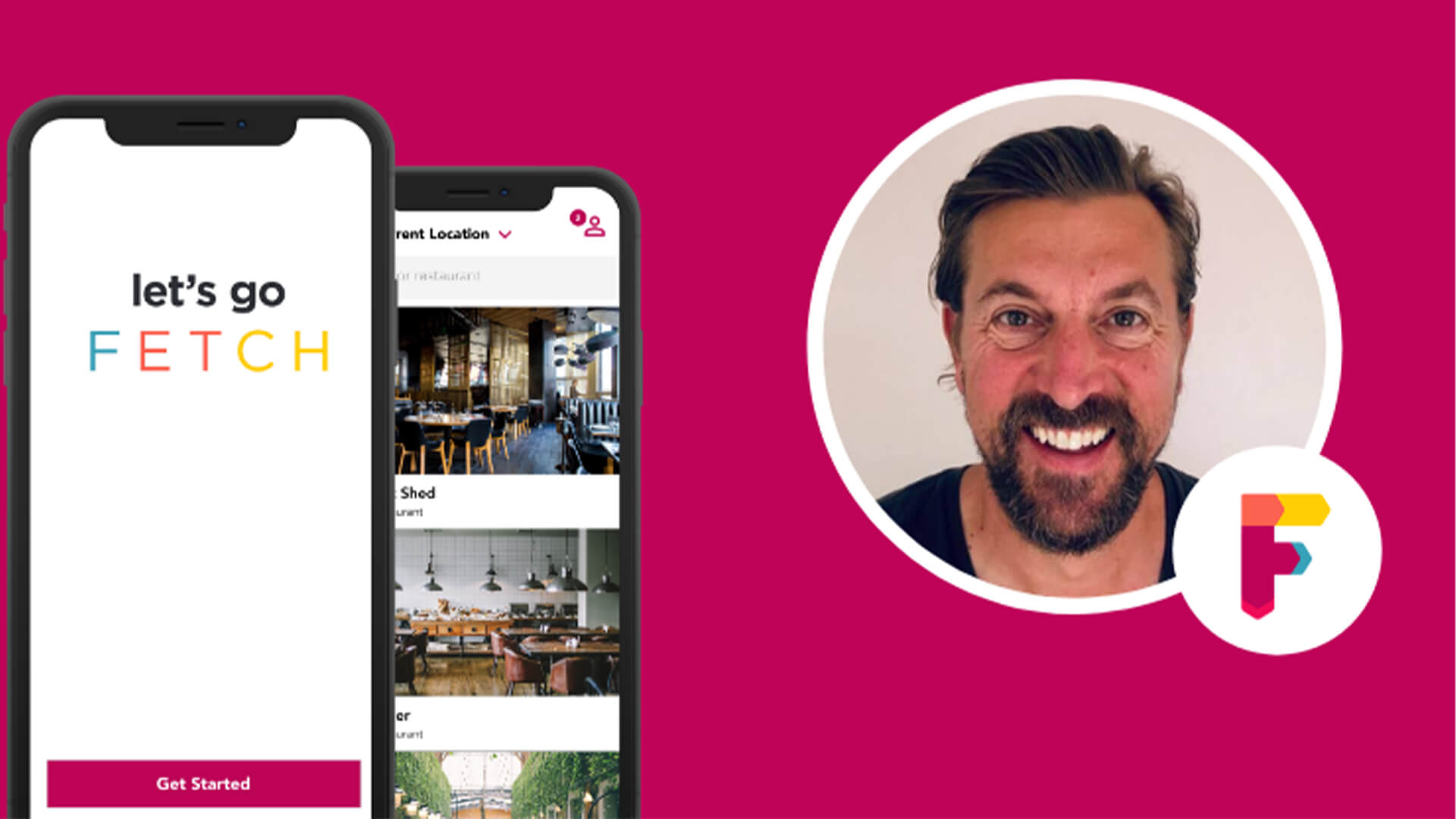By Tammy Wood – Director of Global Technical SEO
Having our machines learn for us may still seem like a bit of a novel idea, but in reality, the (smart) robotic revolution has been gaining steam for years. Machine learning (ML) has been transforming companies from the inside out, and its astonishing potential isn’t showing any indication of losing steam.
How exactly are our learning machines and software able to help us so tremendously and why, as a manager, is it becoming more and more crucial to jump on board? If you’re a bit worried, this doesn’t mean ‘crucial’ in a dystopian future, sci fi movie way. But it does mean ‘crucial’ in a staying-at-the-forefront-of-intelligent-business kind of way.
This is because machine learning can help businesses interpret and get the most out of their data to drive smarter forward trajectories – from improving your mobile app to increasing business efficiency. It’s probably more appropriate to think of our learning machines as a type of statistics that can keep up with processing huge amounts of small-scale data much better than us human folk can.
If you and your business want to get the most out of your data, it’s imperative to understand what machine learning is, what it can do, and ways you can maximise its benefits. This introductory guide provides all the information you need to familiarise yourself with machine learning so that it can do the most for your business.
What Is Machine Learning?
Rather than an actual robot, machine learning is better thought of as a specialized tool that can help businesses interpret data and solve problems. At its core, the concept of machine learning is about finding patterns in our data and making predictions about what is more likely to happen in the future. It turns that RPA challenge into real-time solutions and business growth.
But how does it do this? Well, machine learning is a branch of artificial intelligence or AI which focuses on the use of data and algorithms to imitate the way that humans learn and make predictions based on this. Although the term ‘prediction’ is much of the time associated with the future, machine learning can also make predictions about things in the present.
Another way to understand how machine learning works is by thinking about how it differs from traditional software solutions. It all comes down to deductive and inductive reasoning:
- Deduction – the traditional way to think about software solutions, deduction works on the basis of someone first identifying a problem, reasoning a solution, and then coding this solution into software. Deduction can react.
- Induction – rather than deduction, induction works on the principle of using a machine learning algorithm that automatically discovers rules or patterns by looking at a large sample of data and then applying these patterns to still more data. Induction can predict.
With machine learning, computer systems take all available customer data and utilise it. It operates on what’s been programmed while also adapting and adjusting to new conditions or changes. Algorithms adapt to data to develop behaviours that were not programmed in advance.
How Is It Used in the Real World?
The gravity of what machine learning can accomplish really only becomes clear when you apply it to the world in which we live. So what about real-world examples of this kind of mechanical behaviour? Frankly, these examples crop up wherever you look, from automatic call distribution software to your Insta feed. Some of the most recognizable applications of ML include:
- Image recognition software like automatic tagging on social media
- Speech recognition software like voice dialling or appliance control (like Amazon’s Alexa)
- Predictive analytics like predicting whether a transaction is fraudulent or not
- Recommendation systems like those on Netflix, YouTube, and Spotify
- Search engines like Google
- Social-media feeds like Facebook and Twitter
This special software is gathering as much data as possible, from what genres you like watching to which statuses you are reacting to and using machine learning to make a highly specific, highly educated guess about what you might want next. Using ML to do things like automated testing on software makes way for continuous development once it’s been launched.
Machine Learning Vs Artificial Intelligence
It’s important to note that machine learning and artificial intelligence aren’t interchangeable concepts. In fact, it makes more sense to think of machine learning as a type of AI. While AI refers to the broader idea that machines can execute tasks in a smart way, machine learning is based on the idea that machines should be able to learn and adapt through experience.
Artificial Intelligence can actually be applied to machine learning, deep learning and other software techniques that solve real-world problems. In fact, artificial intelligence contains many subfields, including:
- Machine learning automates analytical model building to find hidden insights in data without being explicitly programmed where to look or what to conclude.
- A neural network is a kind of machine learning that mimics the workings of the human brain. It’s a computing system made up of interconnected units (like neurons) that processes information by responding to external inputs, relaying information between each unit.
- Deep learning uses huge neural networks with many layers of processing units to learn complex patterns in large amounts of data.
- Computer vision relies on pattern recognition and deep learning to recognize what’s in a picture or video.
Machine Learning Methods
As you may have gathered, there are all kinds of ways to use machine learning, but generally, these algorithms are categorized as either supervised or unsupervised. Let’s take a closer look at these methods.
Supervised Machine Learning
With supervised machine learning, algorithms apply things that have been learned to new data using labelled examples to predict future events. Starting from the analysis of a known training dataset, the learning algorithm produces an inferred function to make predictions about the future.
Unsupervised Machine Learning
Algorithms indicate when information used to train systems is neither classified nor labelled. It studies how systems can infer a function to describe a hidden structure from unlabeled data. Rather than figuring out the ‘right’ answer, this kind of machine learning explores data and draws inferences from datasets to describe data structures otherwise hidden from view.
Semi-supervised Machine Learning
Semi-supervised machine learning falls somewhere in between, using both labelled and unlabelled data for training. The systems that use this method are able to considerably improve learning accuracy. Usually, semi-supervised learning is used when the acquired labelled data needs skilled and relevant resources in order to learn.
Reinforcement Machine Learning
This style of machine learning interacts with its environment by producing actions and discovers errors or rewards. It allows machines and software to automatically determine the ideal behaviour within a specific context in order to maximize its performance.
Automation: Maximizing Machine Learning’s Potential
The world of machine learning is huge and has massive potential. So what are some ways that your business can start using ML today? It might be easier than you think, and much of this innovation comes from harnessing automation.
Automation is a real-world application of machine learning and it can help increase efficiency across a business or organisation by eliminating a significant amount of repetitive workplace tasks, reducing hours your employees spend on redundant tasks and helping improve productivity. Here are a few ways that automation is helping businesses.
Automating Customer Services
From automated chatbots to RPA implementation, there are many ways automation is transforming customer service. Having a dedicated automation service to answer, say, frequent customer questions, can shave response times, lower costs you might otherwise spend on hiring more staff, and free up the staff you already have.
Customer service automation also makes for more responsive and reliable standards of service, providing quality over quantity. When the potential for human error is eliminated from some of your customer service functions, customers get the answers they need and businesses don’t end up eventually paying for these humanly mistakes in the long run.
Automating HR Services
From streamlining the hiring and onboarding process to reducing errors and ensuring compliance, machine learning is helping HR functionality in a big way. HR process automation is freeing up human time and collecting, reconciling, and updating data across many different systems while giving HR workers time to advance strategic development.
Automating Sales and Marketing Services
Automation here too gives sales and marketing teams the opportunity to reach more customers and build client relationships by automating time-consuming, manual tasks. Employing sales marketing automation enables companies to automate repetitive tasks like email marketing, social media posting, and ad campaigns. Not only efficient, but it provides a more personalised experience for customers.
Machine Learning: the Bottom Line
Although machine learning has the potential to transform the entire way we think about conducting business, it’s important to remember that machine learning is a tool rather than a solution. It can help you understand your customers better and make smarter decisions with data, sure, but only if there’s a dedicated team behind the scenes.












